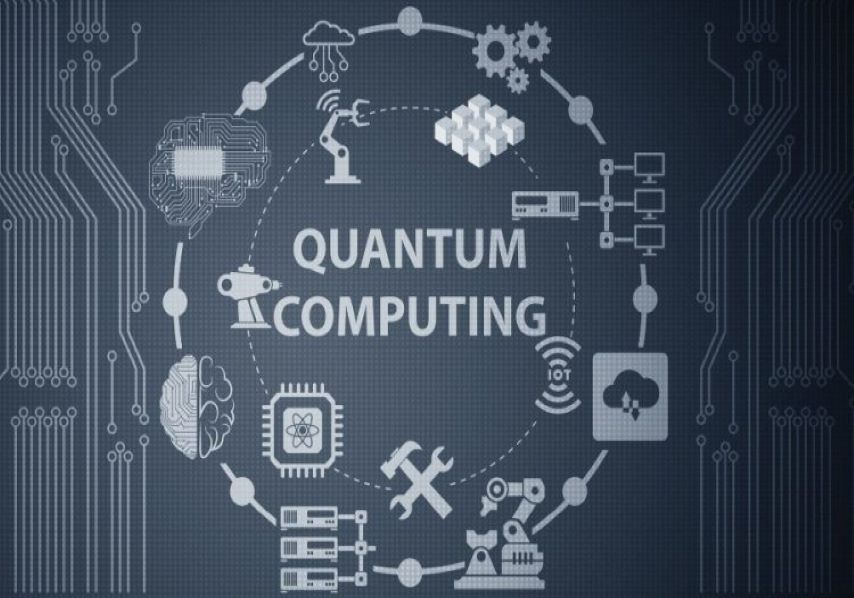
Over the years, new revolutionary technology has emerged combining what knowledge we have of the world. Quantum computing is one field, that uses quantum mechanics to solve real-world problems.
Quantum computers were introduced to fill the gap which supercomputers left. More than often, supercomputers fail due to complex problems well beyond their capacity. It is this niche that introduced quantum computers to mainstream applications. Unlike traditional computers that use binary bits, quantum computers use quantum bits popularly called "qubits". These computers use multidimensional spaces to simulate and study patterns to develop problem-solving algorithms. They can also crack encryptions and optimize solutions using this process.
What are Qubits?
It is a quantum analog of a bit that uses sub atomic particles as bits. These units can exist in two states simultaneously unlike binary bits which can either be 0 or 1. This phenomenon is called superimposition.
Computers based on quantum mechanics use their three fundamental properties: superposition, entanglement, and interference for storing, measuring, simulating, and processing data. This multidimensional method speeds up the process significantly.
Superimposition
As mentioned earlier, the qubit can occupy multiple states as well as a single state at the same time. Any quantum state can be defined as a sum of two or more states. Simulations and particle manipulation can be used to calculate all possible solutions simultaneously.
Entanglement
It is based on the correlation between two quantum units. Once entangled particles define each other and stay connected regardless of distance. Adding more bits to this entanglement can increase computing capacity exponentially. This chain of connections helps computers define and evaluate relationships between datasets.
Interference
Similar to wave intereference in physics, two quantum particles can interact with one anoter and affect their paths and states. The property helps the quantum computer drive the qubit to whichever state is necessary or favourable. This can also lead to errors from the computer computing favourable states into an unfavourable one.
Due to their extensive use of sub atomic particles, quantum computers have a specialised hardware system. For particle simulation and mapping, super cooled fluids are used as superconductors. Electrons can easily pass through these conductors and pair up to form "Cooper pairs". These pairs can carry charges across different materials. They are helpful in understanding relationships between quantum data through manipulation.
IBM for example, uses two superconductors placed next to each other to form a Josephson junction which are used a superconductor cubits. They then fire photons at these orbits to manipulate their behaviour to simulate problems and store quantum information.
Fraud detection is one application of quantum computing. To determine whether a credit card has been stolen, sudden changes in location and spending habits are observed. By taking into account different variables and assigning them to qubits, computers determine if the card is in the wrong hands.







